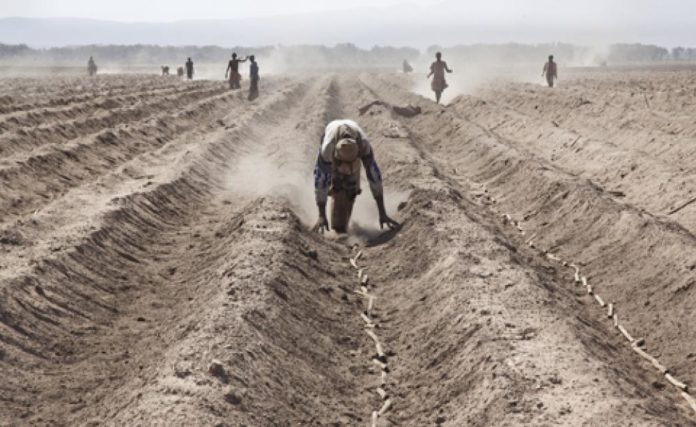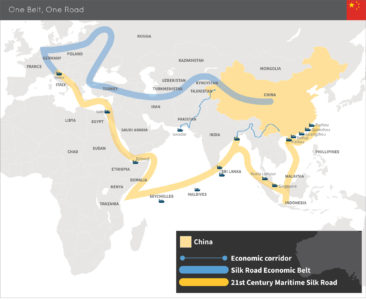
![]()
by Riccardo Cacelli
London – One of the most controversial strategic methods of Chinese expansionism in Africa is the so-called land grabbing: the progressive hoarding of land and, in particular, of related resources.
The term refers not only to China’s work, but more generally to the intertwining of privatisations, acquisitions and exploitation of large territories (we are talking about millions of hectares) by foreign powers (including former colonial European states) in a given geographical context, with often negative consequences for local populations and environment.
Africa has millions of hectares of arable and largely untapped land.
The enormous Chinese demand for land and related agricultural products (and/or mineral or energy resources) is easy to explain by reminding us of the numbers of Chinese economic growth and also of its demographics.
China is currently the state with the most inhabitants in the world (about 1.4 billion). For this reason, for Chinese government, land grabbing in Africa is therefore fundamental in order first of all to guarantee adequate food security for its population.
Another controversial strategic method of Beijing’s expansion in Africa is the so-called debt trap.
 The process is often associated with the “New Silk Roads” project.
The process is often associated with the “New Silk Roads” project.
Chinese lending to poor or developing countries is a global phenomenon. From 2000 to 2019, they reached $153 billion in African states alone. 80% of these loans concern infrastructural works, from energy to transport and telecommunications.
The system is criticized because it often “traps” recipient countries due to debts accrued with the creditor country (in this case, China) and difficult to repay. In the face of the impossibility of paying its debts, in fact, the clauses of the contracts proposed by Beijing provide for the obligation to hand over the public infrastructure financed to the control of China.
In this and other ways, the People’s Republic thus assumes a progressive ability to influence the political choices of the debtor countries. Beijing’s predominantly economic projection in Africa also fits into a geopolitical framework.
This is demonstrated, in 2017, by the opening of the first Chinese military base in the small but strategic Republic of Djibouti, nestled between Eritrea, Ethiopia and Somalia and facing between the Red Sea and the Gulf of Aden.
The origin of Beijing’s presence in the area began in 2008 with a maritime security operation (anti-piracy) in the Gulf of Aden and to this day the military base performs a support function for anti-terrorism and peacekeeping operations.
The tiny Republic of Djibouti can be seen as symbolic of a new partition of Africa taking place in the 21st century, as it is home to an impressive number of foreign military bases.
In fact, in addition to China, France, the United States, Japan and Italy also have military bases in Djibouti, and India and Saudi Arabia could have one in the future.
The strategic reason for this interest is African country location, located at the Bab el-Mandeb Strait, one of the choke-points (bottlenecks) of international trade routes.
PART 1 OF 5 – PART 3 OF 5 – PART 4 OF 5 – PART 5 OF 5
Riccardo Cacelli



